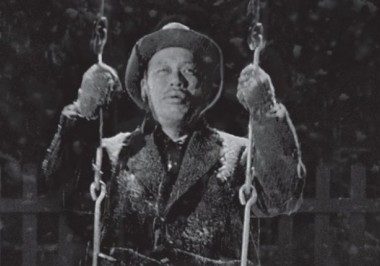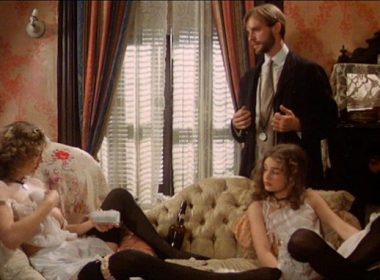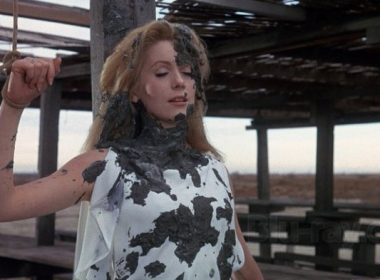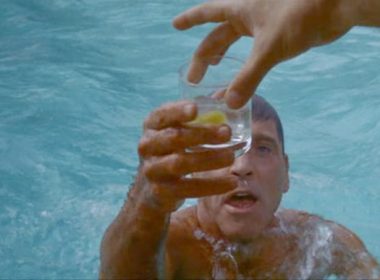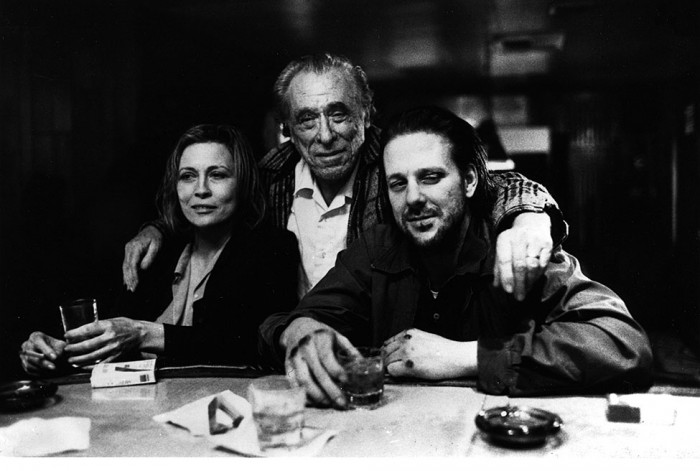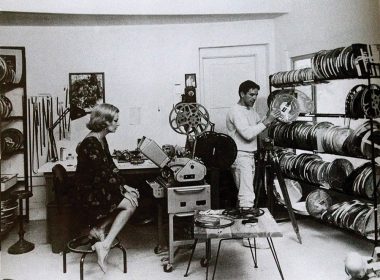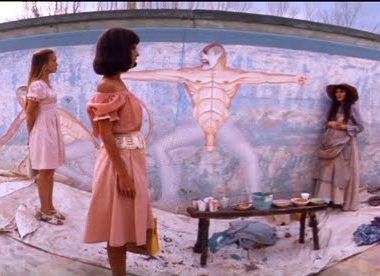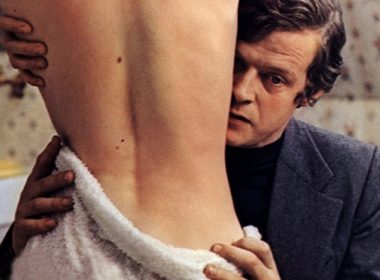“A man dying of cancer searches for life meaning.” When condensed into this single phrase, the plot of Ikiru seems trite and simple. Yet renowned director Akira Kurosawa is an original storyteller who uses this familiar narrative to create an existential masterpiece. The opening shot of the film is an[Read More…]
Search Results for author "Nico Wada"
Flashback: Pretty Baby (1978)
“Storyville, New Orleans, 1917.” This is the title card that opens Louis Malle’s Pretty Baby. The film tackles the scandalous topic of child prostitution in a strikingly elegant and elegiac fashion through chronicling an upscale brothel in one of New Orlean’s most notorious red-light districts. Madame Nell (Frances Faye) is[Read More…]
Flashback: Belle de Jour (1967)
Belle de Jour is Luis Bunuel’s most recognizable and commercially successful film, praised for its status as an erotic masterpiece despite demonstrating virtually no sexual explicitness. Friends with both Salvador Dali and André Breton, Bunuel was a pioneer of surrealist cinema and enjoyed using the medium of film over his[Read More…]
Flashback: The Swimmer (1968)
The Swimmer opens by tracking Neddy Merrill (Burt Lancaster) in his tight swim trunks as he cuts through the wilderness into his neighbours’ yard and gracefully takes a dive into their pool. Slicing through the water with powerful breaststrokes, Merrill surfaces to receive a glass of gin. A midsummer sun beams,[Read More…]
Flashback: Barfly (1987)
Deemed a “laureate of American lowlife” by Time in 1986, Charles Bukowski was a 20th century poet, novelist, and working-class alcoholic. His deadpan confessional style, glorification of alcohol, and misanthropic view of humanity has appealed to a large cult readership over the years. In 1987, unknown to most, Bukowski entered the[Read More…]
Flashback: A Woman Under the Influence (1974)
A Woman Under the Influence (1974) is an impressive study of madness and conformity, serving as one of the benchmark films of American independent cinema. The film’s maverick director, John Cassavetes—best known for Rosemary’s Baby (1968) and The Dirty Dozen (1967)—often shot his films in a hand-held style known as cinema[Read More…]
Flashback: 3 Women (1977)
3 Women is an understated wonder by the iconoclastic director, Robert Altman. The film itself unfurls like a dream, most likely because Altman first dreamt of the film before proceeding to shoot something that he was still figuring out. Altman was known for his almost laissez-faire filmmaking philosophy; he was[Read More…]
Flashback: L’Amour L’Aprés Midi (1972)
Love in the Afternoon (L’Amour L’Après Midi) (1972) is the last of French New Wave director Eric Rohmer’s series of comedies known as the “Six Moral Tales.” Though Rohmer was initially overshadowed by big names in the French New Wave such as Chabrol, Godard, and Truffaut, he developed a name[Read More…]
